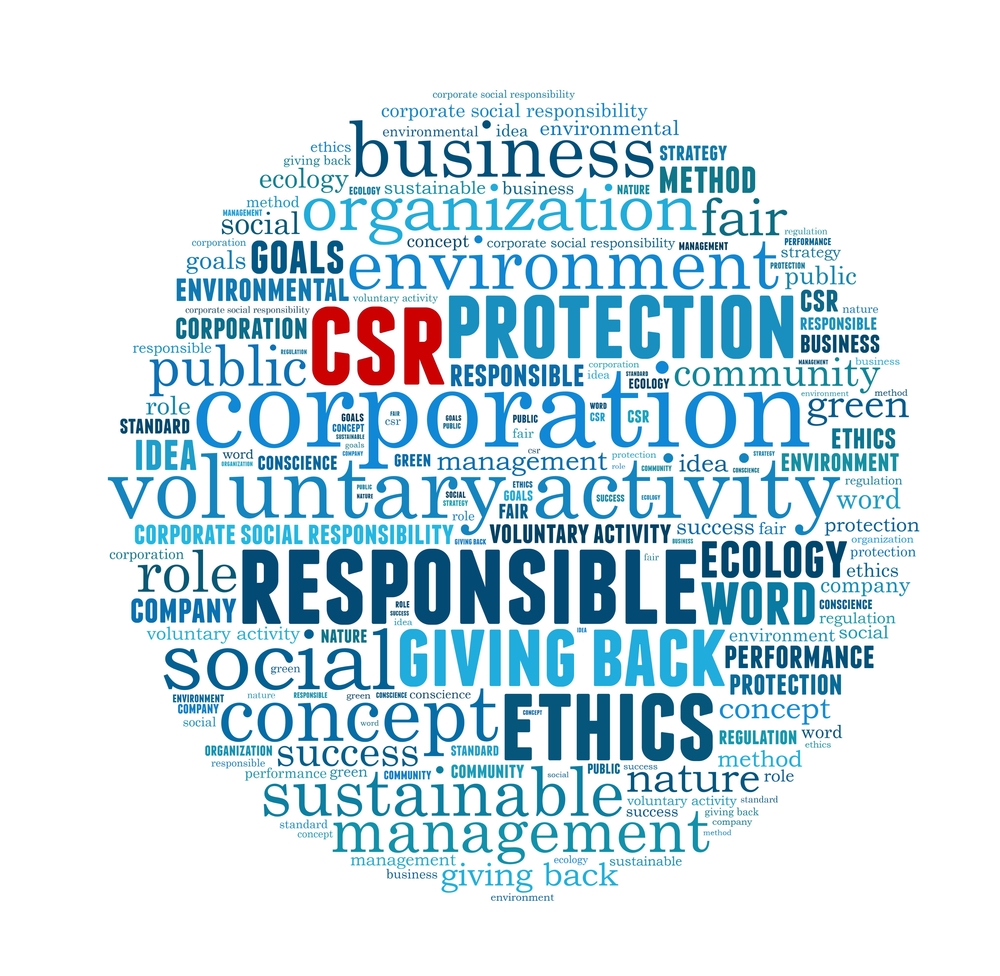In 2010, when the suicide rate of Apple Inc.’s largest contract manufacturer drew international media attention, it wasn’t good for business.
As images of Foxconn employees falling from the company’s main production building in China circulated, the company’s reputation among American consumers plummeted.
Ernie Nichols, an associate professor of Supply Chain Management at the University of Memphis, used the Foxconn example as a way to stress the importance of corporate social responsibility, or CSR, as it relates to supply chain management.
For a lot of companies, CSR has gone from “feel-good, window dressing” to being a core part of supply chain management strategy.
“It’s not only controlling what we do at our companies, but [CSR] also goes all the way up to our supply chain suppliers,” Nichols said. “Apple now has one of the most solid CSR policies going because they really don’t like videos of people jumping off the buildings of their top supplier.”
Back in the 1980s, if a U.S. consumer bought a computer from IBM, it was actually IBM who manufactured it, Nichols said. Today, PCs are made by outsourced manufacturers. And, hiring skilled professionals could make the difference between good CSR or a company having a Foxconn-type situation on its hands.
“If companies are going to outsource, we need skilled professionals to select who the heck we’re using,” Nichols said.
Once that selection is made, companies also need professionals who are qualified to manage that external part of the supply chain.
While outsourcing may represent a large opportunity for employment, the market for supply chain management professionals is pretty tight, and Nichols doesn’t see any slack in the years to come.
“As the war on talent continues, especially with millennials, [employees] are looking at [CSR] and making decisions about where they want to work,” Nichols said.
It is critically important for companies to create a talent management strategy, Nichols said. If employees are being developed and have opportunities for advancement, it will better ensure they are ultimately retained.
This point cannot be finer when it comes to millennials, Nichols said, who want a clear career path and want to know — upfront and along the way — how a company will advance their careers.
“You don’t want to be the training ground to get these people ready, to only have them go to a competitor’s greener grass after a couple of years,” Nichols said.
Nichols also suggested employing supply chain management students as interns to create a long-term employee pipeline.
“Having a Mid-South connection is not a bad thing — especially for the AutoZones and IPs, who can recruit people from across the country and around the world — but if they don’t have ties to the Mid-South, what is your success rate of actually keeping them here?” Nichols said.
The event was co-hosted by Vaco Memphis, a consulting and professional placement firm, and Savills Studley, a tenant commercial real estate services firm, at the Crescent Club.
This article was taken from here.

